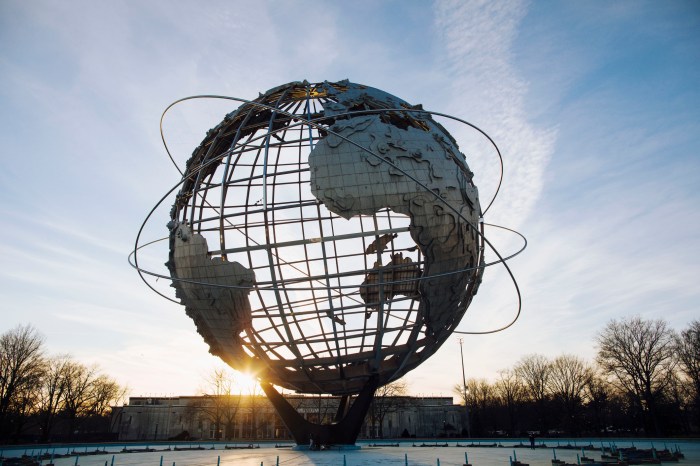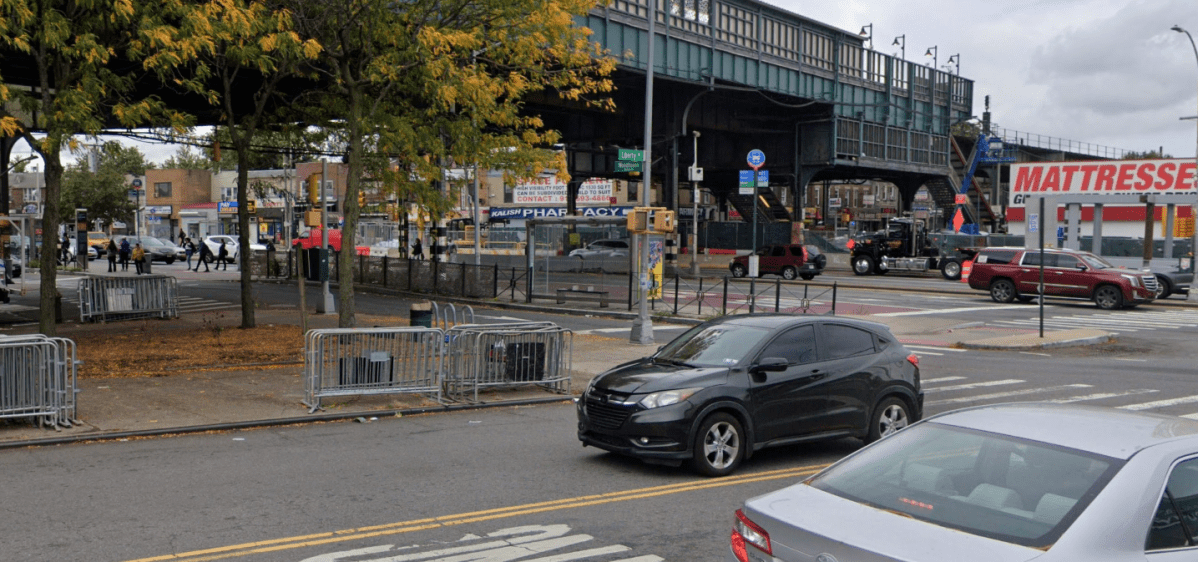The question now, in light of this barefaced Republican contempt for the constitutional mandate institutionalizing the Supreme Court is, to what lengths are they prepared to take those manipulative tactics of which they’ve served notice? Assuming that they’re successful in blocking President Obama’s nominee to succeed Antonin Scalia from either a judiciary committee hearing or a Senate vote, what if it’s a Democrat who moves into the White House next January? Will the GOP game plan then switch to blocking any nominee who doesn’t pass a conservative values litmus test? Is this how brazen Republicans are willing to be in their crusade of reactionary back-sliding to an America of unenlightened yesterdays?
It’s no secret that the judiciary — in principle the final, strictly objective arbiter of what is and isn’t permissible under the Constitution — tends to be as political, if not at times more so, than the two other branches of government. But that being said, we surely didn’t need this demonstration of craven indifference to the Constitution by Republicans, intent on having a conservative agenda which, in perpetuity, is entitled to formal high court sanction.
One might be tempted to surmise that had this court vacancy been created by one of the so-called liberal justices, there wouldn’t be this full-throttle arrogance from the GOP camp. Frankly, I wouldn’t be so sure. Given the constant belittling of the presidency and utter disrespect of him personally that Obama has faced from Republicans during his two terms, it would have been no surprise, had this been a non-conservative vacancy, for Republicans to demand that he defer to the next president in submitting a nominee for Senate consideration. As we all can attest, it has been that ugly.
The framers settled on a high court that would comprise nine members. Obviously unconcerned about the appearance of it, Republican bombast conveys to the citizenry that the court should operate for at least a year with eight justices, even when the sitting president has fulfilled his constitutional obligation and named someone for the ninth slot. The crowning absurdity here being, of course, that had the situation been reversed and the other party had given notice of such treachery, those sticklers (conveniently) for constitutional fidelity who populate the GOP universe would be screaming to high heavens.
Not to be lost, though, in all the parry-and-thrust action, is that at the center of it all is what’s supposed to be an a-political institution. For sure, the court’s reputation for the most part doesn’t align with that characterization. And maybe it’s just as well that the hideous, bare-knuckled politics around high court affairs that’s now threatened by Republicans will have been occasioned by the passing of Justice Scalia who, in his tenure, had been perhaps as pronounced an embodiment of political ideology firmly entrenched on the court as ever there had been.
Reflecting perhaps the political climate in Washington today, current politicization of the court process, as exemplified by the predictably ideological slant to Scalia’s opinions, makes for increased skepticism about arriving anytime soon at a point of politics not influencing court business. High court behavior can proudly cite stellar examples of politics not playing as much of a role within the court chambers as perhaps some stakeholders would have liked — some of those examples having been written into high court history not all that long ago. David Souter, for one, who was nominated by George H.W. Bush, in due course became persona non grata to the rabid right, when it was clear that he had become a dependable voice for the moderate or liberal point of view on matters before the court. And John Paul Stevens, who was nominated by Gerald Ford and would later acknowledge that his judicial philosophy had evolved, came to be seen as the court’s leading progressive.
There’s little reason to think that in the current highly charged Washington atmosphere, “traitors” like Souter and Stevens would be the least bit tolerated and given an easy time of it by GOP shock troops out for their heads.
But what the tempo of today’s times has suggested to Republicans as appropriate response to Scalia’s death is as shameful as it gets. Leaving a high court nominee in limbo for a year may find favor with some political partisans, but it is, in the broader space, an unpardonable assault on what’s constitutionally required. It would be perfectly in order that perpetrators be made to pay a considerable price for such a travesty.

















